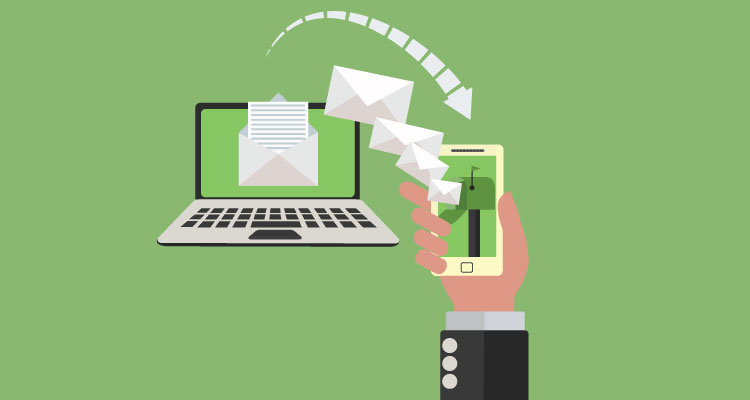According to a recent study, workers feel a greater sense of anxiety and lower relationship satisfaction when they check emails during non-working hours. I found this study coincidently after coming to the conclusion that my own work-life balance has been suffering lately because of how often I check my email.
The stress of the constant communication came to a head last month when I was supposed to be enjoying a weeklong vacation. Early on in the trip, I got an email that derailed my mood for the rest of the time. It wasn’t a specific email that made me anxious, rather, it was the thought of an email popping up that made me stressed. Being at a constant state of work can take a toll on your mental health and your relationships.
Here’s how to stop checking emails during non-working hours.
Table of Contents
ToggleSet Actual Working Hours
I’ve set working hours in the past but got away from it this year when business picked up. Setting working hours that you stick to, and that your clients are aware of, can make it possible for you to truly take breaks after hours. You have to set boundaries in order for clients to know what the boundaries are. Choose your working hours and give clients a decent amount of heads up so they can get used to your schedule.
Plan Your Projects and Schedule Out in Advance
Scheduling out work a month in advance is a strategy that can help you maintain your sanity. Often it’s the last minute requests after hours that get me thinking about work. You may be able to limit last minute requests by fleshing out all needs of a project far in advance and sticking to a production timeline. Requests that come up outside of that timeline can wait until you’re clocked in for work. When your product schedule is organized, you may be less inclined to answer emails because you know everything is already running according to plan.
Set an Autoresponder for Regular Work Days
My virtual assistant does this and I love it. She has an auto-responder email that goes out whenever she gets an email even during regular work days. The email states her working hours of 8 a.m. to 3 p.m. It also explains how long it will take for her to respond to the email. Her approach makes it so the client feels acknowledged and also politely sets the expectation that she will not be responding right away.
Adopt the “It can wait” Mentality
I’ll admit — this one is hard for me. I always strive to be a responsive worker who gets tasks done fast. However, this isn’t always good for your mental and physical health. If an email comes in late at night and it’s not pressing, it can wait. If you’re with love ones, it can wait. Time with people you care about is time you can’t get back.
Remember, we’re working to live and not living to work. Take the email app off of your phone if you have to do it. Time away from work is time to recharge batteries. We should all stop checking emails after hours if it’s disrupting our lives.













